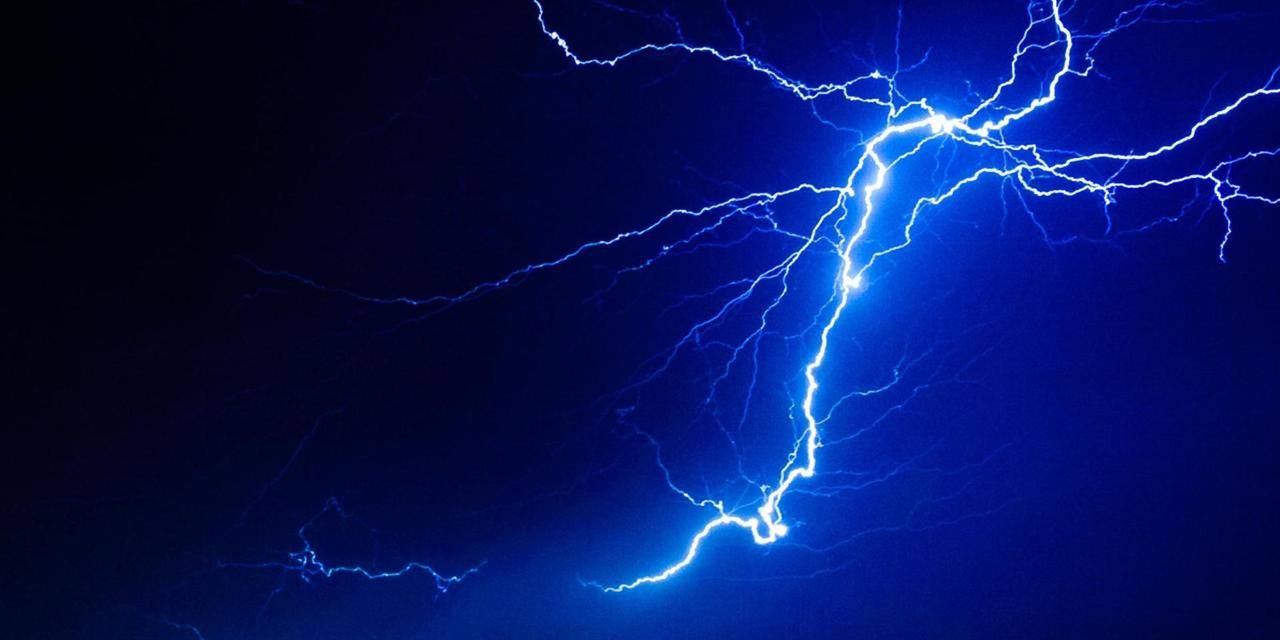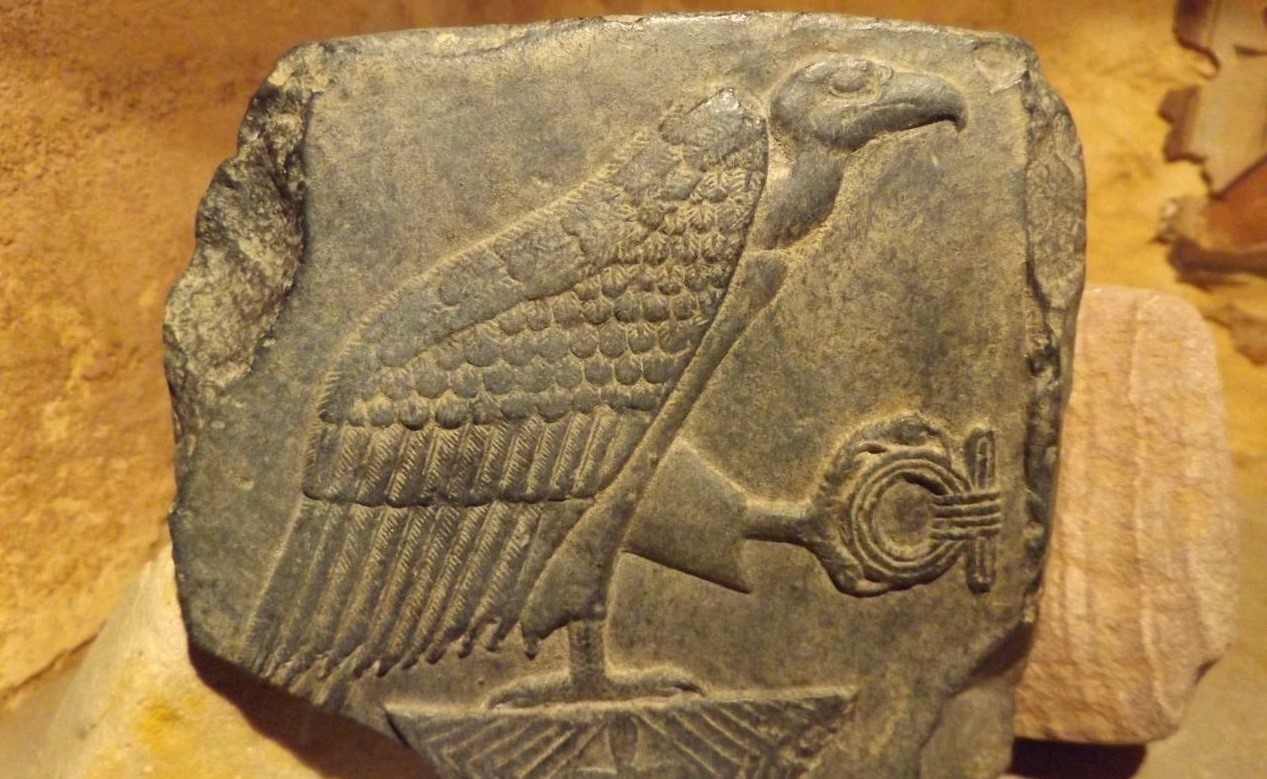Astrology of Friday, November 9th 2018
November 9, 2018Astrology of Saturday, November 10th 2018
November 10, 2018Part 1: Gods
Jupiter entered tropical Sagittarius on November 8th, 2018, and will reside within the Centaur’s sign until December 2nd, 2019. Sagittarius is one of the two signs ruled by Jupiter, the other being Pisces. When a planet is in the sign it rules, such as with Jupiter in Sagittarius, its nature is expressed powerfully and clearly, without any odd zodiacal admixtures or contradictions.
Jupiter is uplifting, powerful, moderate, triumphant, priestly, wise, optimistic and enthusiastic. Jupiter offers blessings of both a spiritual and material nature, as happy to lay a benediction on a bank account as upon a pious forehead. Jupiter spurs growth and expansion, and smiles on education.
Jupiter is a benefic planet, a “do-gooder.” It is, in fact, traditionally referred to as the greater benefic, with Venus being the lesser. Jupiter’s presence in Sagittarius during the last months of 2018 and for the vast majority of 2019 is a consistent blessing, and one we will most certainly need in order to offset the triple difficulty presented by the Saturn-Pluto-South Node copresence.
It thus behooves us to consider Jupiter’s time in Sagittarius thoroughly so that we can best align ourselves with it. In the Archer’s sign, we do not need to think through the contradictions and confluences of the sign and the planet, so let us consider the symbols which Jupiter is commonly clothed with, beginning with divine masks it wears.
One of the most consistent motifs is Jupiter’s association with lightning-wielding sky gods, the most obvious of which is the one for whom the planet is named, Roman Jupiter. The Greeks called the planet Zeus, or the star of Zeus. In ancient Mesopotamia, Jupiter was explicitly associated with Marduk, another bolt-carrying sky god. While Jupiter is primarily associated with the sage-teacher Brishaspati in Indian sources, Indra, the lightning wielding king of the gods, is also strongly connected to the planet.
Although we do not have documents associating them with Jupiter, we can add Hurrian Teshub, West African Shango, and Teutonic Thor to the list of lightning-wielding god-kings.
At the center of all of these god’s iconography and power is the mystery of the lightning bolt. A lightning bolt is the most concentrated form of energy human beings encounter in a direct manner. The Sun outputs more energy, but its radiance is distant, and constant. Lightning, however, can strike a tree right next to you. Lightning rends the sky in an instant, proclaiming itself with booming brilliance.
The raw but proximal power of lightning is thus associated with the will of the divine in a great number of cultures. It is the natural, visible phenomenon which best approximates the invisible side of active divine power. It should thus be no surprise that it is so often seen in the hands of a masculine divine sovereign.
Possessing divine power, however, does guarantee that one will wield it wisely. The stories of the lightning kings listed above are rife with mistakes. They are powerful but imperfect.
Zeus, the most widely known in the English-speaking world, provides a host of ideal examples. Although Zeus did plenty of aiding noble heroes and dispensing divine justice, he was also a notorious philanderer, and often used his great power in a petty manner.
The lightning-power of these imperfect sovereigns is not, however, wholly destructive. They were also credited as great fonts of creative power. The lightning bolt is also the creative spark, the bolt which catalyzes the primordial soup.
Zeus, in particular, was a little too eager to share his “creative spark” with the rest of the world. He had a hundred mistresses and sired droves of children. Though some of these unions were mutually delightful, and some of the bastards happy, many of the lives which Zeus’ actions affected were not so wonderful.
We must thus be as careful with our creative and procreative power as we are with our destructive potencies. Not every idea is a good one, not every union should bear fruit. Not all potentials are worth actualizing.
In addition to catalyzing creation and bringing destruction, lightning also illuminates, rending the veil of darkness which clothes night. This illuminating function is prioritized in the widespread Buddhist use of the lightning-bolt, the vajra. “Vajra” is a Sanskrit word meaning both thunderbolt and diamond, perfect power and clarity. While Zeus and company certainly possess power, their clarity is less pronounced.
This is where Jupiter’s association with the spiritual, priestly and religious comes in. Although these elements are underemphasized in contemporary discussions about Jupiter, the big planet is explicitly linked to these topics historically in Eastern Mediterranean, Middle-Eastern and European astrological texts.
Furthermore, in the astrology of India, the primary deity associated with Jupiter is Brihaspati, the priest to the gods themselves, and chief counsel to lightning-lord Indra. While Indra wields raw divine power, it is Brihaspati who is responsible for cultivating it and advising as to its right use. Through knowledge and ritual, Brihaspati provides Indra with the power to rule his world. Through wise counsel, Brihaspati improves Indra’s judgment, keeping him from acting on his worst impulses and ideas. Together, they are the archetypal duad of priest and king, sorcerer and sovereign, shaman and chief.
This priestly, magical, sagely side of Jupiter is underdiscussed, perhaps because people get much more excited about power and luck than they do about wisdom. But the archetype is incomplete and imbalanced without the sage. Without understanding that Jupiter is as much sage as lightning-lord, we fail to interpret it correctly in charts, and do not approach the living archetype correctly in life.
In Sagittarius, the fire sign ruled by Jupiter, it is the active, royal, thunderbolt-wielding aspect which dominates. The power to shape life which Jupiter in Sagittarius offers is great indeed. It is to Zeus and company we pray when we want to “make it rain” and “bring the thunder.” Yet the emphasis on this side makes our appreciation of the wise, sagacious facet of the planet all the more important. The greater the imbalance between our power and our wisdom, the more our potency will be wasted and misused.
So conjure the majestic storm, and call the lightning to your hand. Yet when the storm clears, pray also to the sage which abides in that calm.
For suggestions on starting a dialogue with Jupiterian forces, check out Sphere and Sundry’s “Jupiter in Sagittarius — Altar, Prayers, and Offering Ritual.”





5 Comments
Another gem! You write with such joy, clarity, insight, and wisdom, Austin!! I relish your posts and all you share with our community through your classes and webinars. Thank you for you! Thank you for your deep and abiding passion for Astrology, Magick, and Mythology! With immense gratitude for how your work informs, shapes, and nourishes my own practise.
Another gem! You write with such joy, clarity, insight, and wisdom, Austin!! I relish your posts and all you share with our community through your classes and webinars. Thank you for you! Thank you for your deep and abiding passion for Astrology, Magick, and Mythology! With immense gratitude for how your work informs, shapes, and nourishes my own practise.
Hey Austin,
There’s an important missing word: “Possessing divine power, however, does NOT guarantee that one will wield it wisely.”
Kindness to animals is a sign of Uncle Jupiter’s horse sense.
Feeling of distance can be freeing.
People used to get all dressed up to travel, i think that’s what Uncle Jupiter likes to see if he lets you travel in his sphere, better have that tote bag, and score points with a tool belt :]
Water proof steel toe safety reflective yellow boots for volcano hiking, LOL